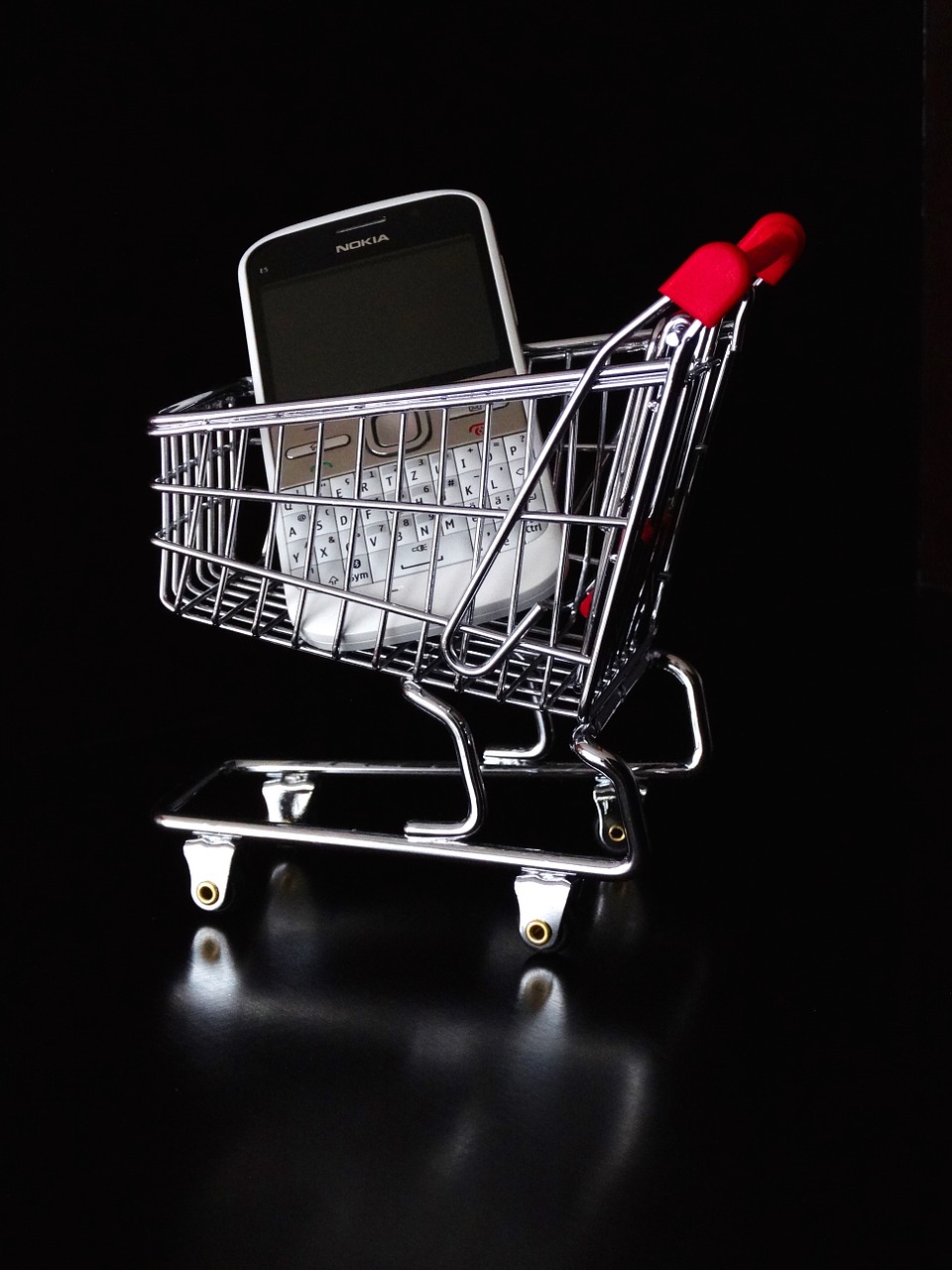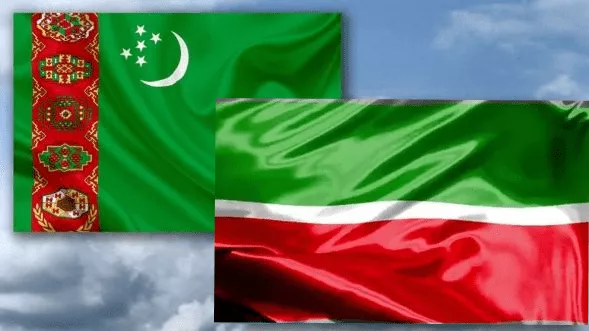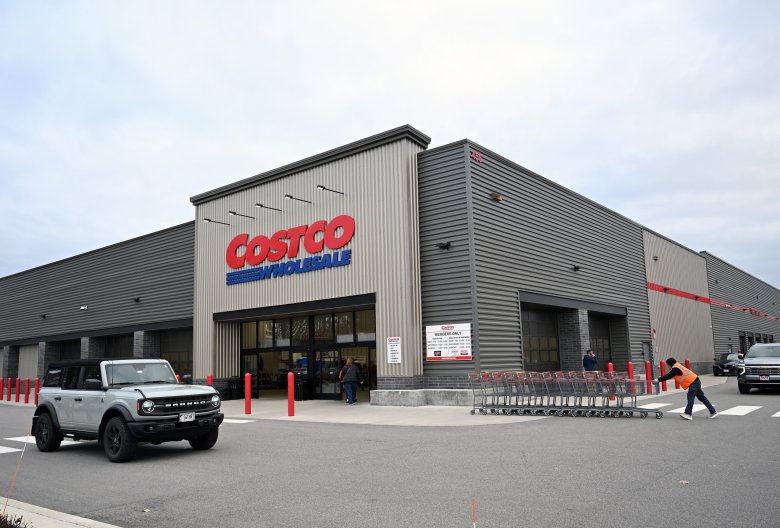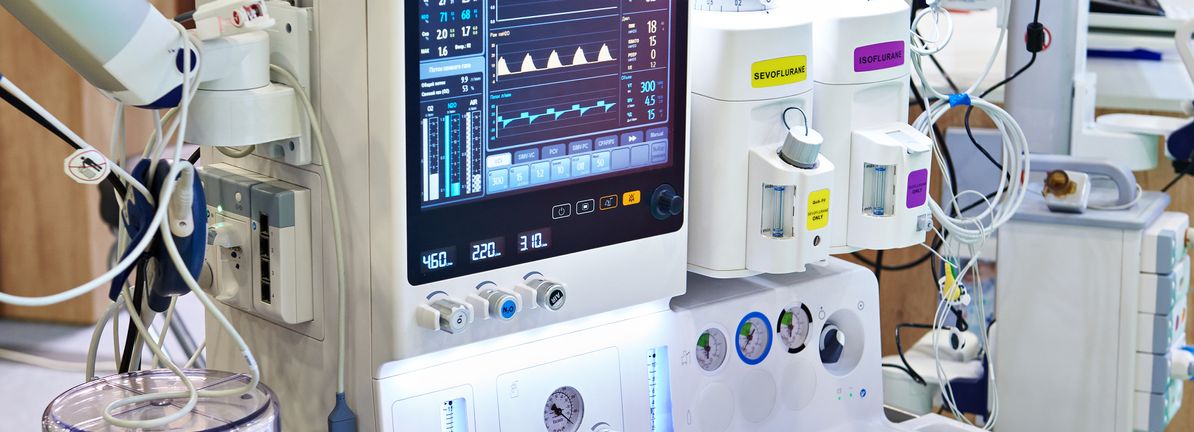Market Overview
The Portugal e-commerce market size was USD 74.24 Million in 2024. It is projected to reach USD 585.43 Million by 2033, growing at a CAGR of 25.79% during the forecast period 2025-2033. The market growth is primarily driven by robust digital infrastructure, favorable government policies, and mobile-first innovation, which together enhance user trust, financial inclusion, and competitiveness.
Study Assumption Years
Base Year: 2024
Historical Year/Period: 2019-2024
Forecast Year/Period: 2025-2033
Portugal E-Commerce Market Key Takeaways
Current Market Size: USD 74.24 Million (2024)
CAGR: 25.79% (2025-2033)
Forecast Period: 2025-2033
Portugal’s e-commerce expansion is propelled by enhanced digital infrastructure and internet accessibility, boosting high-speed internet and broadband reach across urban and rural areas.
Supportive government policies and financial inclusion initiatives foster digital transformation through transparent regulations, e-payments expansion, and SME support.
Mobile commerce growth is driven by rising smartphone use and the advancement of mobile payment solutions such as mobile wallets and biometric verification.
The market sees increased participation and trust fueled by improved cybersecurity, robust payment gateways, and data protection measures.
Public-private collaborations enhance logistics and infrastructure, strengthening Portugal’s standing as a competitive and innovative digital economy.
Sample Request Link: https://www.imarcgroup.com/portugal-e-commerce-market/requestsample
Market Growth Factors
Portugal’s e-commerce industry is expected to continue its growth as the digital infrastructure of the country improves, and internet connectivity through high-speed networks becomes more widely available. Across broadband, mobile network coverage, and with continuing investment in fiber-optic networks, Portugal presents a promising market for digital commerce. These advancements help with common adoption. People now use online services in urban and rural locations because the services are available more consistently. More people own smartphones, and people have better digital literacy; these factors cause people to use the internet more in daily life and feel more comfortable with online transactions. Companies respond through e-commerce construction in addition to omnichannel experience optimization. The responses create increased transaction volumes along with marketplace participation and competition.
Portugal encourages e-commerce through forward-looking national policies, strategies, and frameworks that innovate, are transparent, and secure. National digital agendas create an environment of cybersecurity, users’ rights and data protection that helps engender trust among consumers. Strong promotion of electronic payments, fintech and mobile banking services eases the inclusion of a wider number of individuals and enterprises in the financial system. Particular support to SMEs (training, grants and reduction of compliance costs) also eases entry of these businesses. Thirdly, the development of public-private partnerships in logistics infrastructure and technology would ease bottlenecks in the e-commerce value chain. Government initiatives would also provide investors with greater confidence to invest in the country as it takes on economic modernization measures.
In Portugal, mobile commerce is a key driver of the e-commerce market. Mobile apps have proved to be a preferred purchase method for consumers because shopping experiences are easier, faster, and more accessible. Networks are more reliable. Applications are user-friendly. People accept mobile wallets. Money transfers happen instantly. Technical advancements in biometric confirmation occur. All these factors helped grow consumer confidence, so people adopted mobile payments in daily life. Banks and fintechs build mutually interoperable domestic and global networks for merchants and consumers, creating efficiencies and transparency. Retailers can use consumer perceptions driven by mobile devices to provide marketing targeted for a customer base that is engaged. Developments in mobile commerce and security-improved electronic payments are enabling a new era of retail innovation for market participants in Portugal.
Request Customization: https://www.imarcgroup.com/request?type=report&id=43092&flag=E
Market Segmentation
Type Insights:
Home Appliances: E-commerce transactions involving electrical and electronic household equipment.
Apparel, Footwear, and Accessories: Online retail of clothing items, shoes, and related fashion accessories.
Books: Digital sale platforms for printed and electronic books.
Cosmetics: Online marketing and sales of beauty and personal care products.
Groceries: E-commerce of food and everyday consumables.
Others: Other product categories transacted through online platforms.
Transaction Insights:
Business-to-Consumer: E-commerce transactions between businesses and individual consumers.
Business-to-Business: Online trade conducted between businesses.
Consumer-to-Consumer: Transactions occurring directly between consumers.
Others: Other forms of e-commerce transactions beyond the typical categories.
Regional Insights:
Norte: Northern region of Portugal.
Centro: Central region of Portugal.
A. M. Lisboa: Lisbon Metropolitan Area.
Alentejo: Southern region of Portugal.
Others: Additional regions covering the remainder of the country.
Regional Insights
The Lisbon Metropolitan Area (A. M. Lisboa) is a key region within Portugal’s e-commerce landscape. The report covers major regional markets including Norte, Centro, Alentejo, and others, with detailed analysis available. The regional segmentation supports understanding of localized trends and market dynamics, though specific statistics such as exact market shares or CAGR per region are not provided in the source.
Recent Developments & News
In May 2025, Pingo Doce launched “Pingo Doce Online,” its own online grocery platform in Lisbon and Porto, marking a shift from its previous partnership with Glovo’s Mercadão. The platform integrates loyalty programs and seeks stronger control over customer interactions.
In the same month, Mollie, a European fintech company, introduced its payment solutions in Portugal, supporting the e-commerce market with localized methods like MB WAY and Multibanco along with over 35 other payment options to facilitate seamless online and in-person payments.
Key Players
Pingo Doce
Glovo
Mollie
Customization Note
If you require any specific information that is not covered currently within the scope of the report, we will provide the same as a part of the customization.
Contact Us
IMARC Group,
134 N 4th St. Brooklyn, NY 11249, USA,
Email: sales@imarcgroup.com,
Tel No: (D) +91 120 433 0800,
United States: +1-201971-6302
About Us
IMARC Group is a global management consulting firm that helps the world’s most ambitious changemakers to create a lasting impact. The company provide a comprehensive suite of market entry and expansion services. IMARC offerings include thorough market assessment, feasibility studies, company incorporation assistance, factory setup support, regulatory approvals and licensing navigation, branding, marketing and sales strategies, competitive landscape and benchmarking analyses, pricing and cost research, and procurement research.
This release was published on openPR.









